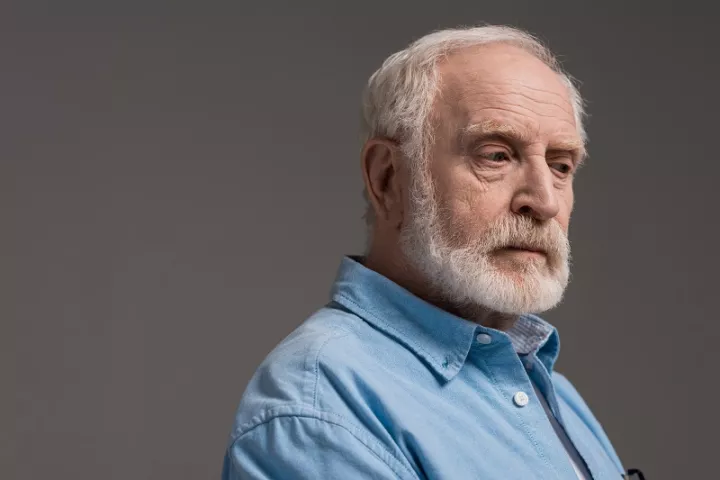Hans had an unfortunate fall. During the first diagnosis at the hospital, he’s told he hasn’t broken anything. Later that evening he hears that he has a spinal fracture. After that, he’s not able to properly physically recover.
Neurosurgeon Arno has several appointments with Hans. When the results continue to come back negative, Hans turns to a back specialist. That doctor explains that possibly, mistakes have been made, but he is unwilling to confirm this in writing. A treatment plan is set up and Hans goes through a long rehabilitation process. But he still does not recover well enough.
Advocate
Eventually, Hans turns to an advocate, because he wants more insight into what exactly went wrong. This advocate contacts the hospital. The hospital responds that the doctor in question no longer works there, and that they want to contact the complaint officer. Hans, however, doesn’t want the process to be juridified. The advocate then declares that Hans wants to get in contact under the guidance of Perspectief as an independent third party.
What are the needs of the patient?
During the contact with the mediator it becomes clear what the patient wants: he has many unanswered questions and got confused by the comments made by the back specialist. Have mistakes been made? During the intake, Hans explains that he had a good, steady job, but that he lost it, despite the adjustments made for him in the workplace. Eventually he was declared unfit to work. Work was very important to him. It always gave him a feeling of status and independence. He now has financial problems and still has a lot of pain. The doctor was always very short with him at the time and didn’t have a lot of time to listen. They never spoke about his diagnosis.
What are the expectations?
Hans hopes that a meeting with a doctor that can (and wants to) help him, can reduce his pain and make an honest conversation possible. His most important reasons to want to get in contact are to get answers to questions, to be taken seriously, and to get help thinking about the possibilities to improve his quality of life. He now literally feels like he ‘has his back against the wall’. He emphasizes that he’s not interested in a financial procedure and that he is no longer angry. But also that he was never able to express his anger.
The doctor
Because the neurosurgeon is no longer employed at the hospital, a different doctor meets with the patient. The mediator discusses the meeting beforehand with him as well. He says he hasn’t found any mistakes in the treatment and that he received a lot of medical attention. He does recognize that the surgeon wasn’t communicating very well, but he supports the choices that were made. He also explains that he’s not sure whether he can help the patient medically.
The conversation
The doctor listens to the patient’s story, who started having doubts because of the comments made by the back specialist. Because of his desperate situation, his doubts turned into suspicions that mistakes had been made. Hans is happy that the doctor listens, and that he clearly explains the procedure and his vision on the appropriate treatment. The doctor says he wants to make an appointment with Hans, but that they’ll be starting two different trajectories: a medical one, and a psychosocial one. He is clear and adjusts Hans’ expectations, but he also wants to make a new start. After the meeting, they immediately set an appointment and Hans agrees to have the complaint officer as his contact person now. Afterwards, Hans tells the mediator that he is relieved and that the conversation was very insightful for him.


